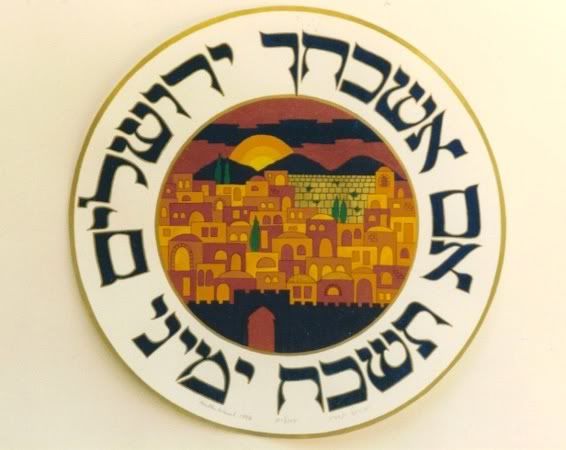In Parshat V'zot HaB'racha Moshe is called Ish Elokim. Frankly it's a strange phrase, it appears only once in the entire Torah, and the normative description Eved HaShem is nowhere to be found.
Rabbeinu Bachya in his commentary on this pasuk (33:1) notes the uniqueness of the phrase and that what should have been written was Eved HaShem, but since Moshe is clearly an Eved Hashem everything's okay. But that doesn't really answer his own question. Why use Ish Elokim? Are we just supposed to, as I think Rabbeinu Bachya believes, say 'Oh, Moshe was the greatest Eved HaShem'? That doesn't sit well with me - there's more to this statement than that.
To get at the answer we need to look at the differences between Ish Elokim and Eved HaShem. The first difference between them - is Ish vs. Eved. This one is obvious - man vs. servant. A servant knows his place; an Eved is someone who serves his master at the pleasure of the master. Halachically an Eved Ivri is someone repaying a debt to the master - since Eved HaShem is usually the greatest title that can be placed upon a person - it's quite interesting what that shows regarding the relationship that we are supposed to strive for with God.
But why not Eved Elokim? And Ish is a person, with free will, with the choice to be wherever he wants. This status is completely different than an Eved.
Secondly, there is a big difference between Elokim and HaShem. There are many interpretations on the usage of Elokim and HaShem basically the latter being the suppreme, real, and unknowable aspect of God. When we are Ovdei HaShem we are servants to the unknown, we serve God because that's what God wants of us. When Moshe is called an Ish Elokim he is not serving God like this - he is, as Rav Hirsch (p.663) puts it, "an organ of God".
At the end of the Torah, God calls the ultimate Eved HaShem an Ish Elokim, as tribute to a life well lived. Even with the negative parts of Moshe's life, God is declaring that through all of it Moshe was the organ that allowed B'nai Yisrael to get where it is today.
Subscribe to:
Post Comments (Atom)

1 comment:
the midrash connects it to moshe having been initially called 'ish mitzri' (by jethro's daughters), and contrasts it with noach, who had been called 'ish tzadik', but then degenerated to 'ish ha-adamah'. ayen sham.
Post a Comment